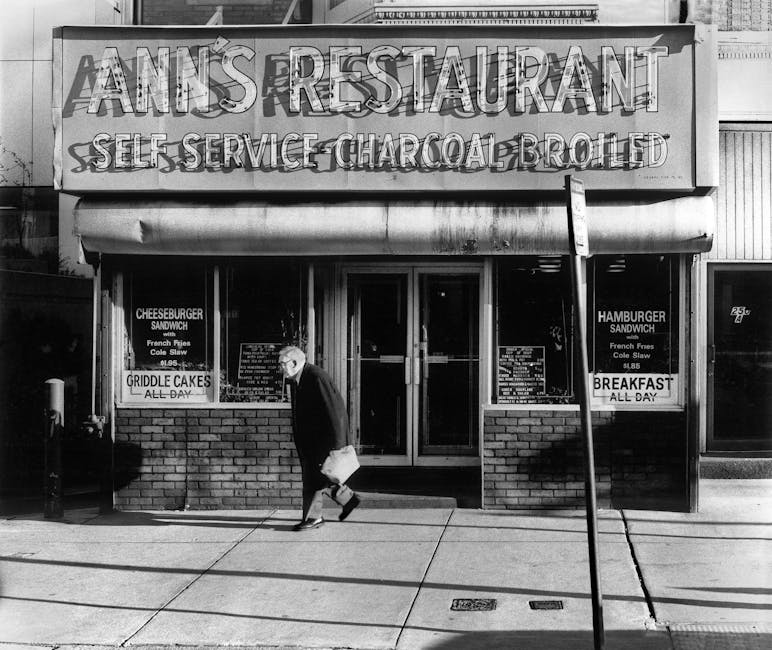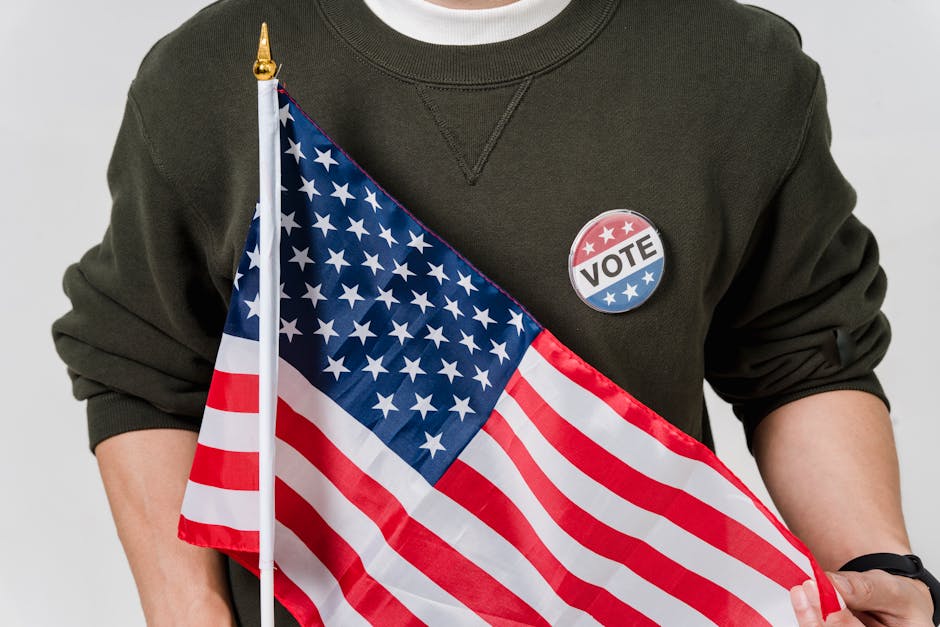What Past Elections Can Teach Us Now
Have you ever wondered what past elections can tell us about our future? With every election, we face new challenges and choices. But looking back at history can guide us forward. Lets explore what we can learn from previous elections and how those lessons apply today.
Why Should We Care About Past Elections?

Understanding past elections helps us grasp the bigger picture of democracy. Each election carries valuable lessons about voter behavior, campaign strategies, and the impact of social issues. These insights can help us make informed decisions today.
For example, did you know that voter turnout can influence election results dramatically? In the 2008 presidential election, about 62% of eligible voters cast their ballots. This high turnout helped elect Barack Obama. In contrast, the 2014 midterm elections saw only 36% participation, leading to significant losses for the Democratic Party.
What Factors Influence Voter Turnout?

Several key factors influence whether people vote:
- Age: Younger voters often have lower turnout rates.
- Education: Higher education levels usually correlate with increased voting.
- Social Issues: Strong feelings about issues can motivate people to vote.
- Accessibility: Easy access to polling places can boost turnout.
Understanding these factors can help campaigns tailor their strategies. For instance, reaching out to younger voters through social media can increase engagement.
How Do Campaign Strategies Evolve?

Campaigns have changed a lot over the years. In the past, candidates relied on speeches and rallies. Now, they use digital platforms like Facebook and Twitter to connect with voters.
One example is the 2012 Obama campaign. It effectively utilized social media to mobilize young voters. The campaign’s ability to share messages quickly and widely was groundbreaking and is now a standard in political campaigning.
What Role Does Technology Play in Elections?

Technology shapes how we vote and engage with politics. Here are some ways it makes an impact:
- Online Voting: Some states are exploring online voting. It could make voting more accessible.
- Data Analytics: Campaigns use data to target specific voter groups.
- Social Media: Candidates can communicate directly with the public.
These advancements can both enhance and complicate elections. While they make it easier to reach voters, they also raise concerns about misinformation and data privacy.
What Can We Learn from Voter Engagement?
Voter engagement is crucial for a healthy democracy. Historical trends show that engaged voters tend to have higher turnout rates. But how does engagement happen?
Here are some effective ways to increase voter engagement:
- Education: Informing citizens about the voting process.
- Community Events: Hosting local events to discuss issues and candidates.
- Peer Influence: Encouraging friends and family to vote can have a ripple effect.
Studies show that people are more likely to vote if they discuss it with friends or family. This highlights the importance of community in the electoral process.
What About Major Issues in Elections?
Every election features prominent issues that resonate with voters. Historical elections reveal patterns in how these issues shape outcomes. For instance, the 1960 election between John F. Kennedy and Richard Nixon highlighted civil rights and the economy as key topics.
Today, issues like climate change, healthcare, and social justice dominate discussions. Candidates who address these topics effectively can resonate with voters.
How Do External Events Influence Elections?
External events often sway voter opinions. Economic downturns, global conflicts, or health crises can change the political landscape. For example, the COVID-19 pandemic influenced the 2020 election significantly.
Voters were concerned about leadership during a crisis. This concern directly impacted the election outcome. It shows how events outside of the election itself can shape voter behavior.
What Misconceptions Should We Overcome?
Many people believe that their vote doesnt matter. This misconception can lead to lower turnout. However, every vote counts, especially in close races. In the 2000 presidential election, George W. Bush won Florida by just 537 votes, securing the presidency.
Another common myth is that elections are rigged. While there have been instances of fraud, widespread voting fraud is extremely rare. Understanding these misconceptions can empower voters to participate.
How Can We Apply These Lessons Today?
Here are some actionable takeaways from past elections:
- Stay Informed: Educate yourself about candidates and issues.
- Engage with Others: Discuss politics with friends and family.
- Be Active: Participate in community events to promote voting.
- Vote: Make sure your voice is heard on election day.
By applying these lessons, we can work towards a more informed and engaged electorate.
Conclusion: Looking Ahead
As we approach future elections, remember that history can be our best guide. By learning from past elections, we can make informed choices and encourage others to do the same. Engaging in the democratic process is not just a right; it’s a responsibility.
So, what will you do to ensure your voice is heard? Take these lessons to heart, and lets shape the future together.
For more insights on voter engagement, check out this article from the American Psychological Association: Voter Turnout and Psychological Factors.
If you want to learn more about effective campaign strategies, read our post on Effective Campaign Strategies.



